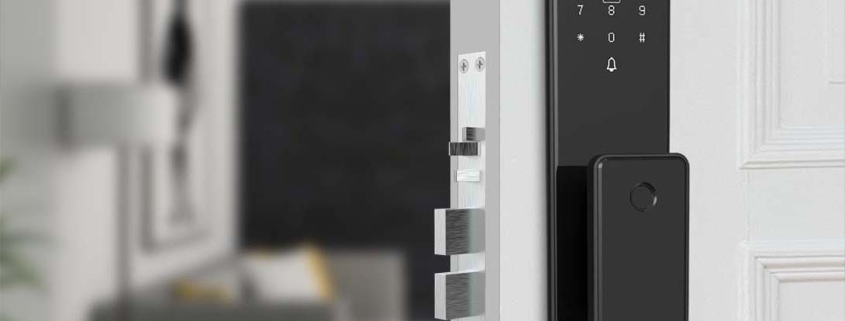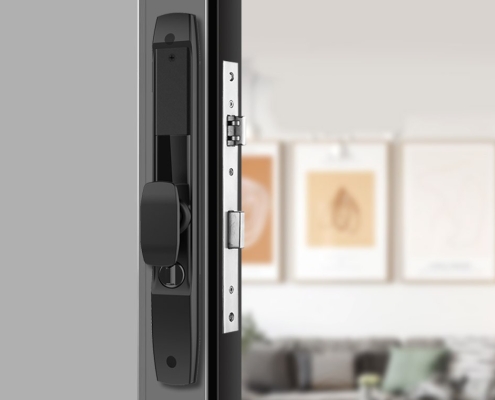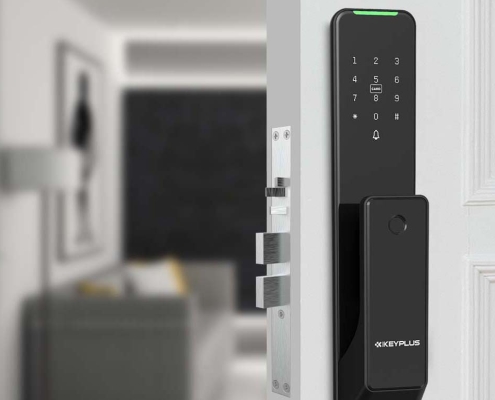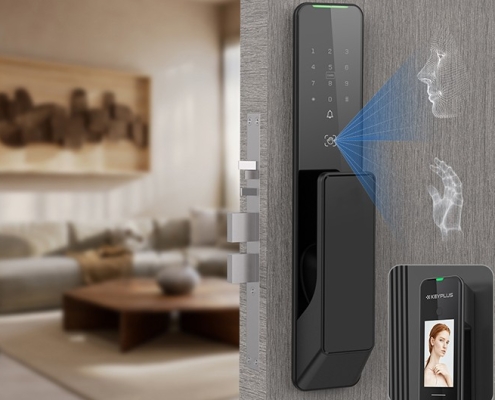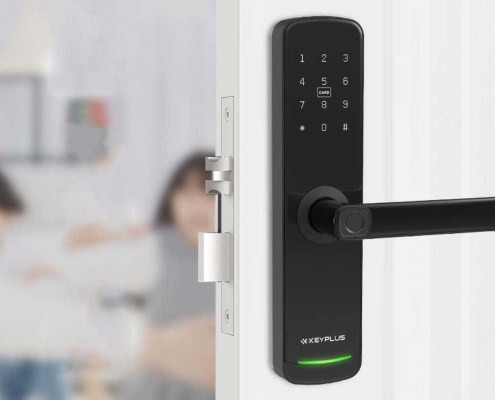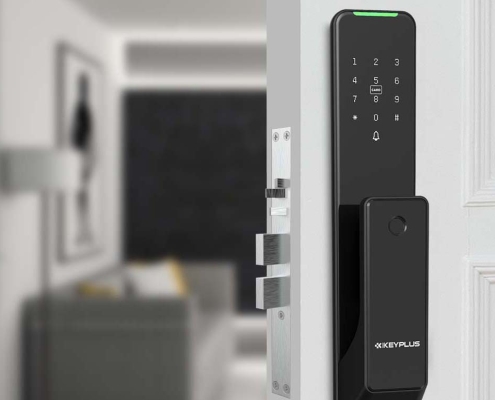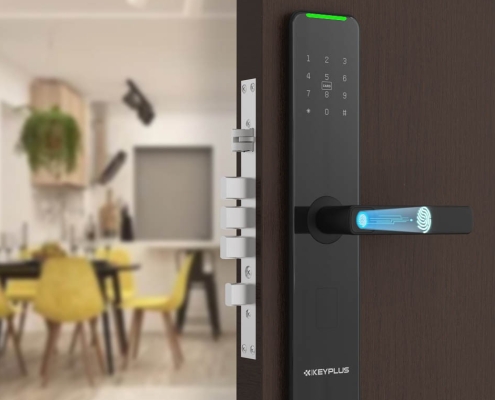What Happens If a Smart Lock Fails?
Smart locks offer convenience, keyless entry, and remote access—but what happens when they stop working? Whether due to power loss, Wi-Fi issues, or mechanical failure, a malfunctioning smart lock can leave you locked out or compromise your home’s security.
In this guide, we’ll cover:
-
Common reasons smart locks fail
-
What to do if your smart lock stops working
-
How to prevent lockouts and security risks
-
Backup solutions to ensure you’re never stranded
By the end, you’ll know exactly how to troubleshoot, fix, and prevent smart lock failures.
Why Do Smart Locks Fail? 6 Common Causes
Smart locks are generally reliable, but like any tech, they can malfunction. Here are the most frequent reasons for failure:
1. Dead Batteries (The #1 Cause of Smart Lock Failure)
Most smart locks run on AA or AAA batteries, which last 6 months to 2 years. When they die:
-
The lock may stop responding to app, fingerprint, or keypad commands.
-
Some models beep or flash warnings before shutting down.
-
If there’s no mechanical key backup, you could be locked out.
Fix: Replace batteries immediately when you get a low-power alert.
2. Wi-Fi or Bluetooth Connectivity Issues
If your smart lock relies on Wi-Fi or Bluetooth, a weak signal can cause:
-
Delayed or failed remote unlocks
-
App disconnections
-
Unresponsive keypad or touch controls
Fix: Restart your router, move the lock closer to the hub, or use a Wi-Fi extender.
3. Mechanical Jams or Wear-and-Tear
Dust, extreme weather, or misalignment can cause:
-
The bolt to stick
-
The motor to malfunction
-
The keypad to stop registering inputs
Fix: Clean the lock, lubricate the bolt, and ensure proper door alignment.
4. Software or Firmware Glitches
A buggy update or app crash can:
-
Freeze the lock
-
Disable remote access
-
Cause incorrect auto-locking/unlocking
Fix: Reboot the lock, update firmware, or reset to factory settings.
5. Hacking or Unauthorized Access
While rare, some smart locks are vulnerable to:
-
Bluetooth hacking (if not encrypted)
-
Wi-Fi brute-force attacks
-
Fake fingerprint scans (on biometric models)
Fix: Use two-factor authentication (2FA), strong passwords, and buy locks with advanced encryption.
6. Power Outages (For Hardwired Locks)
Some high-end smart locks connect to home wiring. If power goes out:
-
Battery backups may keep them running
-
If no backup, they may default to locked or unlocked
Fix: Install a UPS (uninterruptible power supply) for hardwired locks.
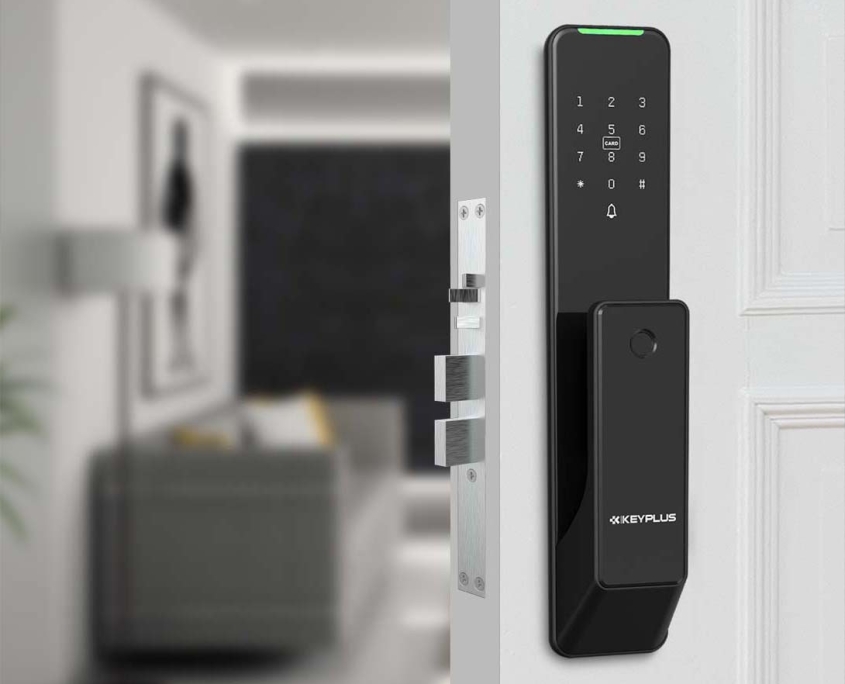
What to Do If Your Smart Lock Fails
Scenario 1: The Lock Won’t Open (Dead Batteries or Malfunction)
-
Try the mechanical key (if your lock has one).
-
Use a 9V battery on emergency terminals.
-
Plug in a power bank (if the lock has a USB port).
-
Remove the battery cover and manually retract the bolt (some models allow this).
Scenario 2: The Lock Won’t Lock (Motor Failure or Misalignment)
-
Check for obstructions in the door frame.
-
Manually turn the thumbturn to engage the bolt.
-
Reset the lock by removing and reinserting batteries.
Scenario 3: The App Won’t Connect (Wi-Fi/Bluetooth Issues)
-
Restart your phone and router.
-
Re-pair the lock via the manufacturer’s app.
-
Use a backup entry method (keypad, fingerprint, or physical key).
Scenario 4: You’re Completely Locked Out
-
Call a locksmith (expect to pay 75−200).
-
Contact the manufacturer’s support (some offer 24/7 help).
-
Break-in as a last resort (could damage the lock).
How to Prevent Smart Lock Failures
1. Always Have a Backup Entry Method
-
Hide a spare key in a secure lockbox.
-
Install a secondary lock (deadbolt or keypad).
-
Use a garage door keypad as a backup entry.
2. Maintain Your Smart Lock Regularly
-
Replace batteries every 6-12 months.
-
Clean the keypad and sensors with a microfiber cloth.
-
Lubricate the bolt with graphite powder (not WD-40).
3. Test Your Lock Monthly
-
Check remote unlocking.
-
Verify battery levels.
-
Ensure the mechanical key works.
Final Verdict: Are Smart Locks Safe?
Yes—if you prepare for failures. Smart locks are more convenient than traditional locks but require backup plans. By:
Keeping spare batteries & keys
Choosing a model with multiple entry methods
Performing regular maintenance
…you can enjoy keyless convenience without the stress of lockouts.
Have you ever been locked out due to a smart lock failure? Share your story in the comments!
FAQ: Smart Lock Failures
Q: Can a smart lock be hacked?
A: Rare, but possible. Use encrypted locks and enable 2FA.
Q: Do all smart locks have a physical key?
A: No—some are keyless. Always check before buying.
Q: How long do smart lock batteries last?
A: Typically 6 months to 2 years, depending on usage.
Q: Can extreme cold or heat damage a smart lock?
A: Yes. Avoid installing in direct sunlight or freezing conditions.
By following these tips, you’ll minimize smart lock failures and keep your home secure—no matter what goes wrong.

